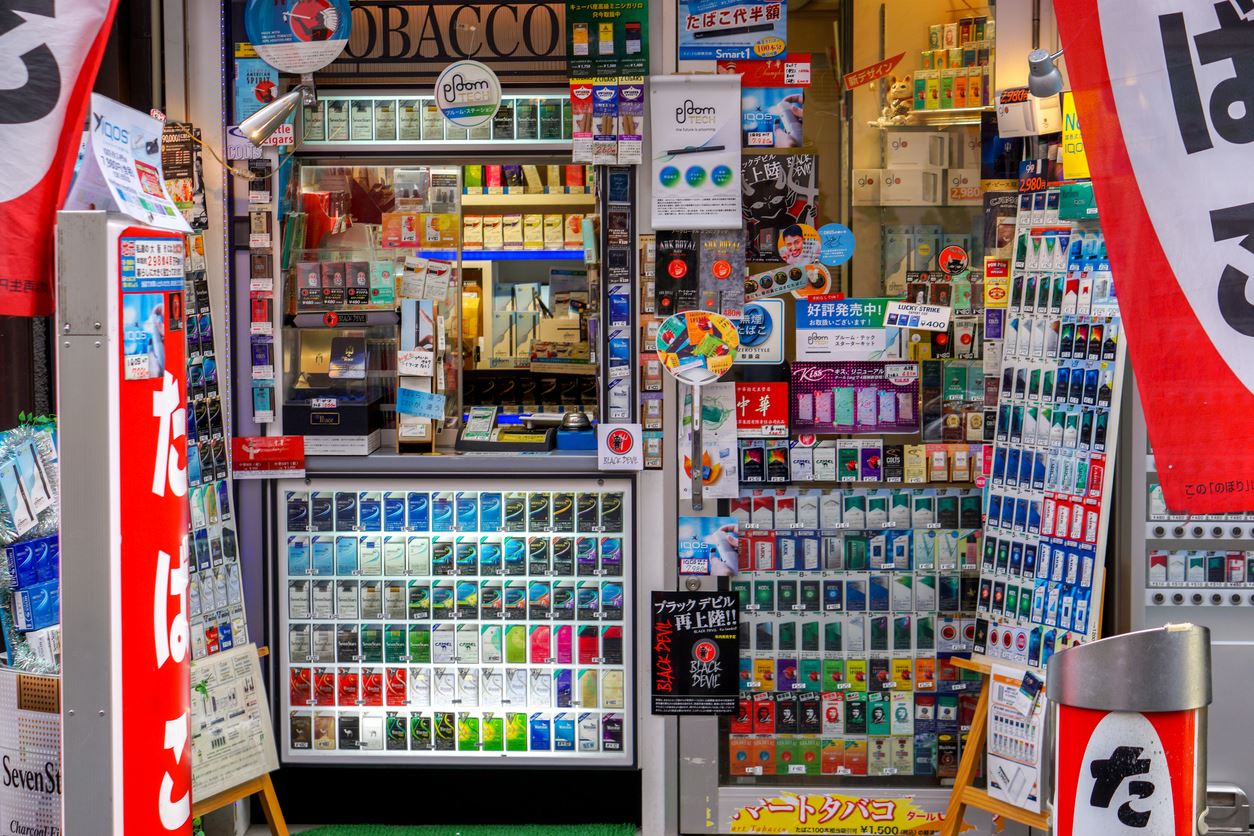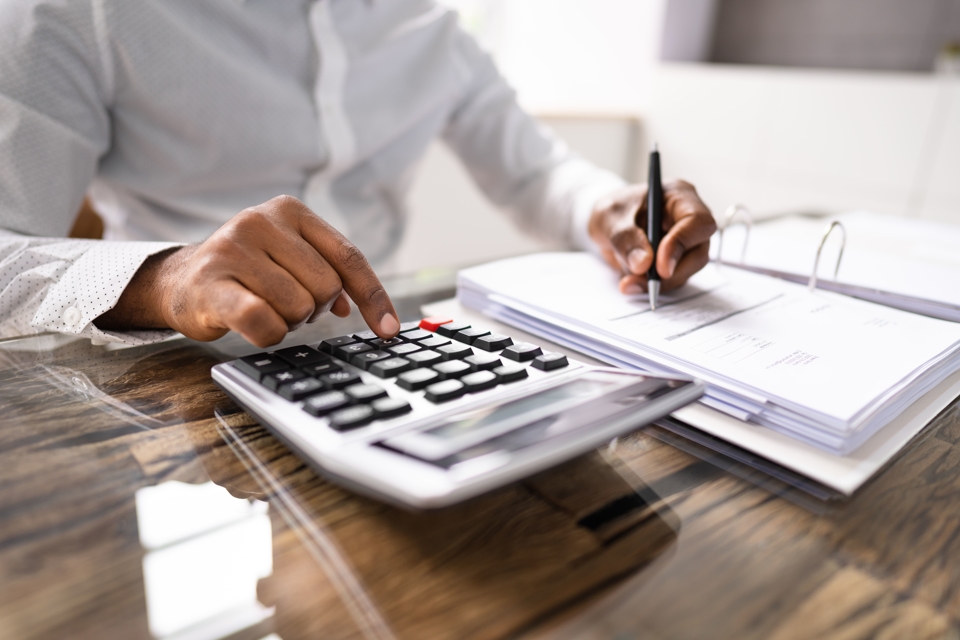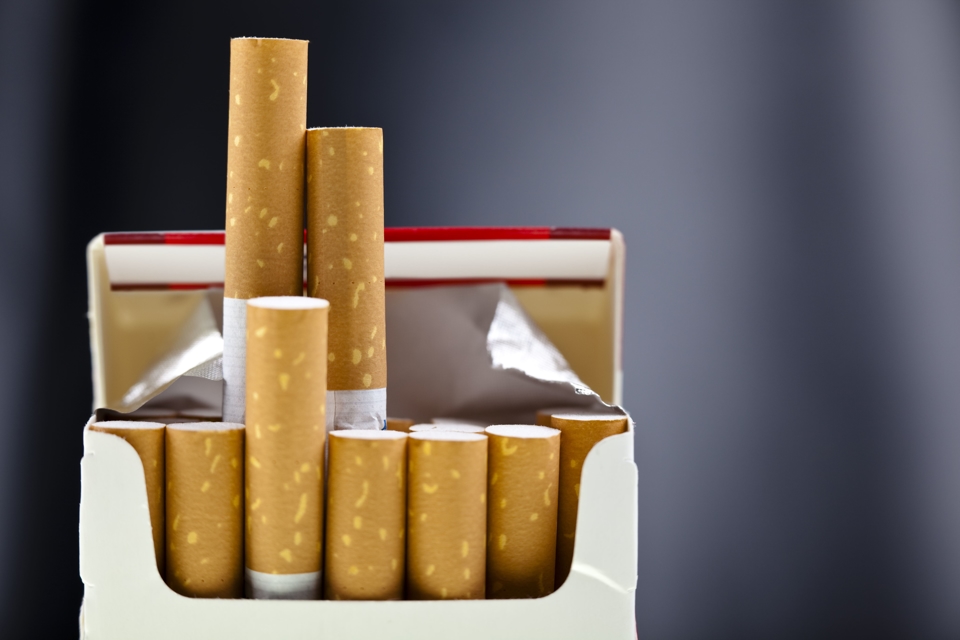If your business sells tobacco in the state of New York, then you will likely need to understand your licensing and tax reporting obligations with the Department of Taxation and Finance. Strict compliance with licensing regulations is necessary for avoiding financial penalties and preserving your ability to sell tobacco in the future. Our guide on New York’s tobacco licensing landscape will help you understand your obligations and help you avoid surprise assessments or administrative notices.
New York Licensing and Tobacco Tax Reporting Depends on Your Business Type
Every person or business who plans to manufacture, import, or sell tobacco products into the state of New York must apply for the necessary licensing and comply with tax reporting rules. The nature and frequency of your licensure and tax reporting will ultimately depend on the type of tobacco business you have. Like many other states, New York generally classifies tobacco businesses as either distributors, wholesale dealers, or retailers. We cover the specific licensing and tax requirements for each type in the sections below.
Distributors of Tobacco Products in New York
Distributors are those who import or manufacture tobacco products in New York and later sell, ship, or deliver those tobacco products to others in the state. To be a tobacco distributor in New York, you must first apply for an appointment as a tobacco distributor with the Department of Taxation and Finance using Form MT-202. Having an appointment as a distributor is also necessary if your business exists outside the physical border of New York but you sell or deliver tobacco into the state (e.g., online distributors). You can reference Form MT-201 for detailed information on completing the appointment application, but the process generally requires providing:
- Information about the business (e.g., name, address, entity type, tobacco activities, etc.).
- Identification of owners, officers, directors, and other persons responsible for the business.
- The names and addresses of your tobacco product suppliers.
- Identification of your business banking accounts.
Generally, you will not have to renew your appointment status as a distributor each year. However, the Department of Taxation and Finance can sometimes require distributors to re-apply (no more than once every three years).
New York distributors are also responsible for the collection and payment of excise tax on tobacco products sold into the state (generally based on the wholesale price of the tobacco). On or before the 20th of each month, your business will submit a Distributor of Tobacco Products Tax Return (Form MT-203) in compliance with the given instructions.
Updated Definition of “Wholesale Price” for Calculating Applicable Tobacco Tax
For tobacco products owned or sold after October 1, 2020, the state applies a new definition of the “wholesale price” when determining the applicable New York tobacco product tax. The new meaning of wholesale price includes the amount of federal excise taxes that the seller pays and is the price before applying any discounts, rebates, or other price reductions. New York will presume that the invoice a distributor receives for purchasing tobacco products is evidence of the wholesale price.
New York Tobacco Wholesale Dealers
You are a tobacco wholesale dealer if you participate in any of the following activities:
- You Sell tobacco products to retailer dealers for the purpose of resale.
- You own, operate, or maintain a tobacco product vending machine on the premises of another’s owned or occupied property.
- You sell tobacco products to an Indian nation, tribe, or seller on a qualified reservation.
To obtain a wholesale dealer license, you will complete and submit the same form as distributors (Form MT-202). Like distributors, your license is only subject to periodic renewal to the Department of Taxation and Finance, which can’t happen more than once in a three-year period. You must file quarterly informational tax returns on the 20th day of the month following the end of the prior quarter using Form MT-203-W to track any acquisition or disposition of tobacco products. You won’t file an informational return as a wholesale dealer if your license is only to operate vending machines or if you also operate as a distributor (in which case you will file monthly returns).
Tobacco Retailers and Vending Machine Operators Selling Directly to New York Consumers
You are a retail dealer of tobacco products in New York if you directly sell to consumers. Any retail dealer or vending machine owner/operator must register each business location and vending machine with the Department of Taxation and Finance at a cost of $300 for retail locations and $100 for vending machines.
To register, you must first register as a sales tax vendor and then complete Form DTF-716 through New York’s online system. Retailer licenses are good for the calendar year that you apply, and you must renew your application by September 20th for next year’s license using the online Form DTF-719-MN. The same fees of $300 for retail locations and $100 for vending machines will apply to each renewal application.
Retailers must file sales and use tax returns along with the payment of any applicable sales tax on their transactions to consumers. Although retailers do not have to file excise tax returns, you are still responsible for the tobacco products tax on your inventory unless a distributor has already paid or assumed the owed tax.
Special Exemption and Informational Returns for Research Tobacco Products
New York provides an exemption from the tobacco product tax to certain organizations that receive tobacco products for research purposes. To qualify, you must be an accredited hospital, university, college, or researcher affiliated with an accredited institution. If you purchase or possess tobacco products for research purposes, then you will need to file an annual informational report with Form MT-203-R, which is due January 31st of each year. The Department of Taxation and Finance may impose a $1,000 penalty on those who willfully fail to timely provide material information necessary for the reporting.
Tobacco Sale Compliance with the New York Department of Health
The New York State Department of Health also has regulations that retailers and other sellers of tobacco products must follow to maintain compliance with their licensing. Violations can result in financial penalties along with suspension or revocation of your license to sell tobacco products. Amongst other requirements, the Department of Health regulations focuses on items such as:
- Displaying necessary signs and legal statements.
- Permissible placement of your tobacco product within a store (e.g., behind a counter or in a locked space).
- Permissible placement of vending machines that dispense tobacco products.
- Acceptable ID for verifying a customer’s age.
For more information on the compliance standards with the Department of Health, you can review its online materials:
- Guide for Tobacco and Vapor Product Merchants
- Vending Machines and New York State’s Youth Access Tobacco Control Laws
- Tobacco and E-Cigarette Retailer Signs
Final Thoughts on New York’s Licensing for Tobacco Businesses
Tobacco businesses face a high degree of scrutiny from New York’s regulatory departments because of the tax revenue and public health concerns at stake with tobacco sales. As a regulated business, it’s not uncommon to receive notice of a tobacco tax audit or other compliance inspection. If you have concerns about an upcoming audit or tobacco tax assessment, our professionals are available to help. We serve as an intermediary between you and the regulating authority to help avoid overpayment of tax, maintain your tobacco licensing compliance, and continue your business’s success.
Contact Tobacco Tax Refund for a consultation or to learn more about our services for NY tobacco sellers.





